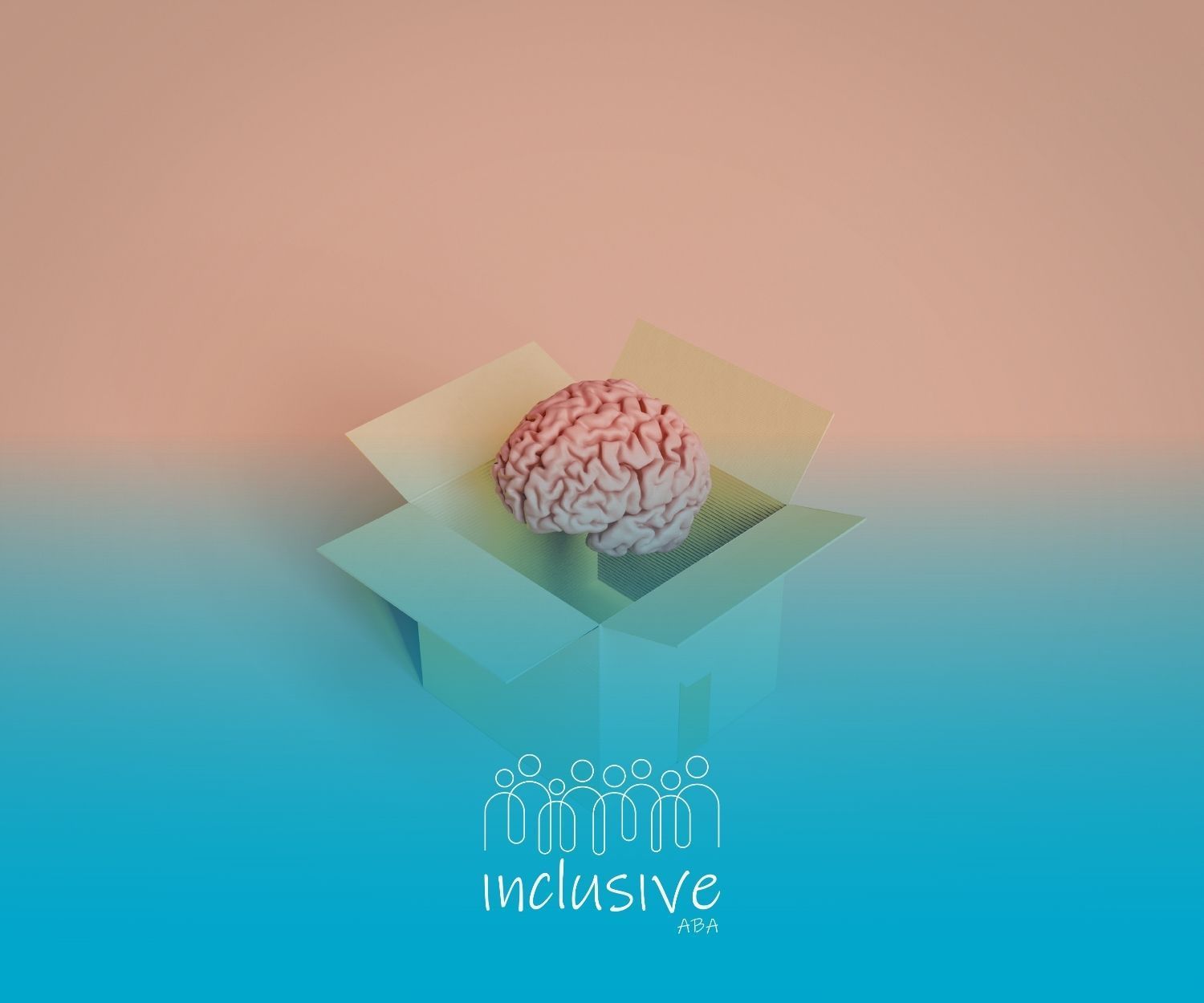What Makes a Great Behavior Technician? Job Description Insights
As demand for Registered Behavior Technicians grows across Nevada, Nebraska, and Colorado, families and schools increasingly depend on skilled practitioners to deliver Applied Behavior Analysis (ABA) therapy. The behavior technician job description clarifies the core duties these paraprofessionals perform under close supervision. This article explores the certification steps, daily responsibilities, key skills, and career pathways that define a great behavior technician. Understanding this role in depth helps stakeholders support individuals with autism spectrum disorder and related conditions more effectively.
Behavior Technician Role
What a Behavior Technician Does
A Registered Behavior Technician (RBT) implements behavior-analytic services under the guidance of a Board Certified Behavior Analyst (BCBA) or BCaBA. They follow individualized treatment plans to teach communication, social, self-help, and play skills. By providing praise, prompts, and structured activities, they promote skill acquisition and decrease challenging behaviors.
Supervision and Oversight
Behavior technicians practice under close supervision. An RBT supervisor or requirements coordinator reviews treatment protocols, observes sessions, and ensures ethical standards are met. This oversight guarantees quality care and ongoing professional growth.
Explore Certification Requirements
Eligibility and Education
Candidates must meet these basic criteria before pursuing RBT certification:
| Requirement | Details |
|---|---|
| Minimum Age | 18 years |
| Education | High school diploma or equivalent |
| Criminal Background | Passed criminal background check |
| 40-Hour ABA Training | Focus on principles, measurement, assessment, behavior reduction, and ethics |
| Competency Assessment | Demonstrated skills evaluation by RBT supervisor |
RBT Certification Exam
To earn credentials, candidates pass a standardized exam administered by the Behavior Analyst Certification Board. Key details include:
- 85 scored multiple-choice questions plus 10 unscored research items
- Time limit of 90 minutes
- Up to eight attempts allowed within 12 months
- Topics cover measurement, assessment, behavior reduction, and professional conduct
- Exam logistics and scheduling vary by testing center
Competency Assessment Process
After training, a qualified supervisor evaluates the candidate’s practical skills. The assessment covers skill acquisition, behavior reduction, data collection, and ethical interactions. Passing this step is mandatory before taking the certification exam.
Background Check Standards
A clean criminal record ensures client safety. The background check must include local, state, and federal databases. Candidates address any discrepancies before final certification.
Daily Responsibilities Overview
One-on-One Interventions
Behavior technicians spend much of their day in one-on-one sessions. They implement discrete trial training, natural environment teaching, or task analysis based on each client’s goals.
Skill Acquisition Programs
- Teach new tasks by breaking them into smaller steps
- Use positive reinforcement to encourage correct responses
- Fade prompts systematically as clients gain independence
Behavior Reduction Strategies
- Identify triggers for challenging behaviors
- Implement proactive plans to prevent escalation
- Apply reinforcement schedules to replace problem behaviors with adaptive alternatives
Group and Social Sessions
Some technicians facilitate small-group activities to practice play or social skills. They prompt peer interaction, model appropriate behaviors, and reinforce successful exchanges.
Data Collection and Reporting
Accurate data drives treatment decisions. Technicians record frequency, duration, and intensity of target behaviors. They submit daily logs and progress notes to supervisors, ensuring interventions remain evidence-based.
Highlight Essential Skills
Communication and Empathy
Strong interpersonal skills help technicians build rapport with clients and families. Empathy fosters trust, making it easier to guide individuals through challenging learning tasks.
Adaptability and Problem Solving
Every client presents unique needs. Technicians adapt quickly to new behaviors, shifting treatment strategies on the fly. This flexibility proves invaluable in dynamic home, school, or community settings.
Analytical Thinking and Data Use
Behavior technicians analyze trends in collected data to gauge treatment effectiveness. They collaborate with supervisors to tweak interventions based on objective measures.
Outline Career Pathways
Advancement to BCBA and BCaBA
Gaining experience as an RBT lays the groundwork for advanced certifications. Many professionals pursue a BCaBA or BCBA credential by completing required fieldwork hours and graduate-level coursework. This progression opens doors to leadership and supervisory roles.
School-Based Opportunities
School districts in Colorado, Nebraska, and Nevada hire RBTs to support students in inclusive classrooms. These positions offer consistent hours, professional collaboration, and the chance to observe long-term progress in academic settings.
Clinical and Community Roles
Clinics and community centers value RBTs for in-home therapy, outpatient programs, and social skills groups. These roles may involve travel, flexible schedules, and exposure to a broader client population.
Assess Impact on Clients
Benefits for Individuals
Clients gain essential life skills, improved communication, and greater independence through consistent ABA interventions. RBTs tailor sessions to each person’s strengths, building confidence and promoting positive behavior change.
Family and Educational Outcomes
Families report reduced stress when technicians coach caregivers in behavior management techniques. In schools, collaboration with educators leads to better classroom engagement and academic success for students with ASD.
Summarize Best Practices
Maintain Ongoing Supervision
Regular feedback from supervisors ensures ethical integrity and skill refinement. RBTs must receive at least 5 percent of their service hours in supervision each month.
Pursue Professional Development
Continuing education strengthens both technical expertise and soft skills. Workshops, webinars, and peer networks help technicians stay current with emerging research and best practices.
Conclusion
Behavior technicians serve a vital role in the ABA therapy team by translating treatment plans into real-world progress. Clear certification pathways, structured daily routines, and focused skill development combine to shape effective practitioners. Readers in Nevada, Nebraska, and Colorado can apply these insights to hire, collaborate with, or become exceptional behavior technicians.
At Inclusive ABA, we understand that behavior technicians are key to implementing effective ABA therapy in Nevada, Nebraska, and Colorado and driving meaningful progress. Our certified and trained team works closely with families to create customized plans that support each child’s unique needs. Whether you’re looking to hire the right technician for your child or are interested in joining our team, we’re here to help you navigate the path to success.
Contact us today to learn more about how our behavior technicians and ABA therapy services can support your child’s development and growth.
Frequently Asked Questions
What does a behavior technician do in ABA therapy?
Behavior technicians implement the treatment plans designed by BCBAs, working directly with children to teach new skills, reduce challenging behaviors, and track progress toward individualized goals.
How do I become a certified behavior technician?
To become a certified behavior technician (RBT), you must complete a training program that includes coursework, fieldwork, and pass the RBT exam. This certification ensures the technician has the skills and knowledge to implement ABA techniques effectively.
What should I look for when hiring a behavior technician?
Look for certifications like RBT, experience in the field of ABA therapy, and strong communication skills. It’s also important to ensure they are trained to handle the specific needs of your child and collaborate effectively with other professionals.
SOURCES:
https://www.mypts.com/rbt-certification-eligibility-requirements/
https://www.bacb.com/rbt/
https://www.betterteam.com/behavior-technician-job-description
https://www.ycoe.org/documents/Divisons/Human-Resources/Employee-Information/Job-Descriptions/Classified/Behavior-Technician-PDF.pdf
https://www.autismparentingmagazine.com/behavior-technician-life/
Looking for Expert Help? We're Here for You!
Our compassionate and skilled team is devoted to enhancing your child's development through customized ABA therapy. Let us partner with you to create a supportive environment for your child's success.
Discover how we can help your family thrive with expert ABA therapy.
Related Posts







